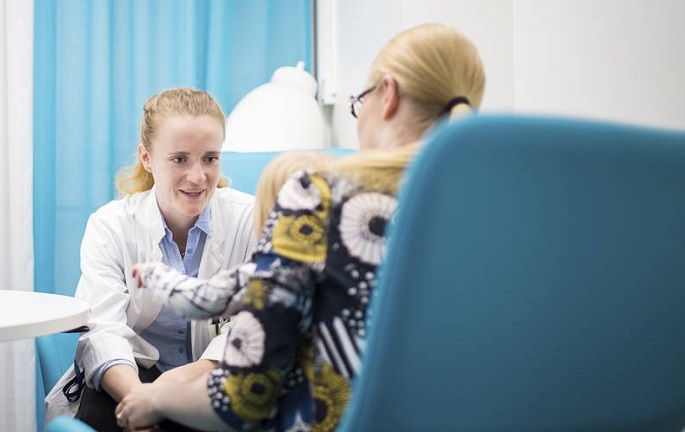Fewer children receive vaccinations this year
Published : 15 May 2020, 02:03
Updated : 15 May 2020, 10:29
All vaccines for children were administered less during the start of this year than in the corresponding period of last year, said the National Institute for Health and Welfare (THL).
In some hospital districts, the coverage of administration of vaccine doses that are part of the rotavirus, pneumococcus or 5-in-1 vaccination series is significantly lower than in May last year, said a THL press release, adding that there are, however, large regional differences.
“The coronavirus epidemic has influenced the implementation of the national vaccination programme for children and young people. In many municipalities, child health clinic services and school healthcare services have been limited. In addition, parents have postponed child health clinic appointments due to the coronavirus situation,” said THL Senior Specialist Mia Kontio.
for example, the release said, at the national level, the proportion of children who have received the 5-in-1 vaccine has decreased by between 6 and 16 percentage points, depending on the vaccine dose in question.
The 5-in-1 vaccine provides protection against diphtheria, tetanus, whooping cough, polio and Hib diseases. The 5-in-1 vaccine is given at the age of three, five and 12 months.
The coverage of the first dose of the MMR vaccine, which protects against measles, mumps and rubella, is 10 percentage points lower than that in last spring in five different hospital districts. Elsewhere, the drop has been slightly smaller. East Savo is the only area where the MMR vaccine was administered slightly more than a year ago.
The pneumococcus vaccine and rotavirus vaccine have also been given less than in the corresponding period of last year.
After schools switched to distance education, visits to school healthcare decreased. As schools open once again, it is important to take care of the vaccines and health examinations provided by school healthcare.
It is particularly important that all those who complete comprehensive schooling have received a diphtheria, tetanus and whooping cough vaccine, that girls have received two doses of the HPV vaccine, and that all who do not have immunity have received the chickenpox vaccine.
“The national vaccination programme is designed to provide protection at just the right time. It is important to take care of visits to both child health clinics and school healthcare services, even during the state of emergency so that no gaps are left in protection given by vaccination,” said Mia Kontio.


